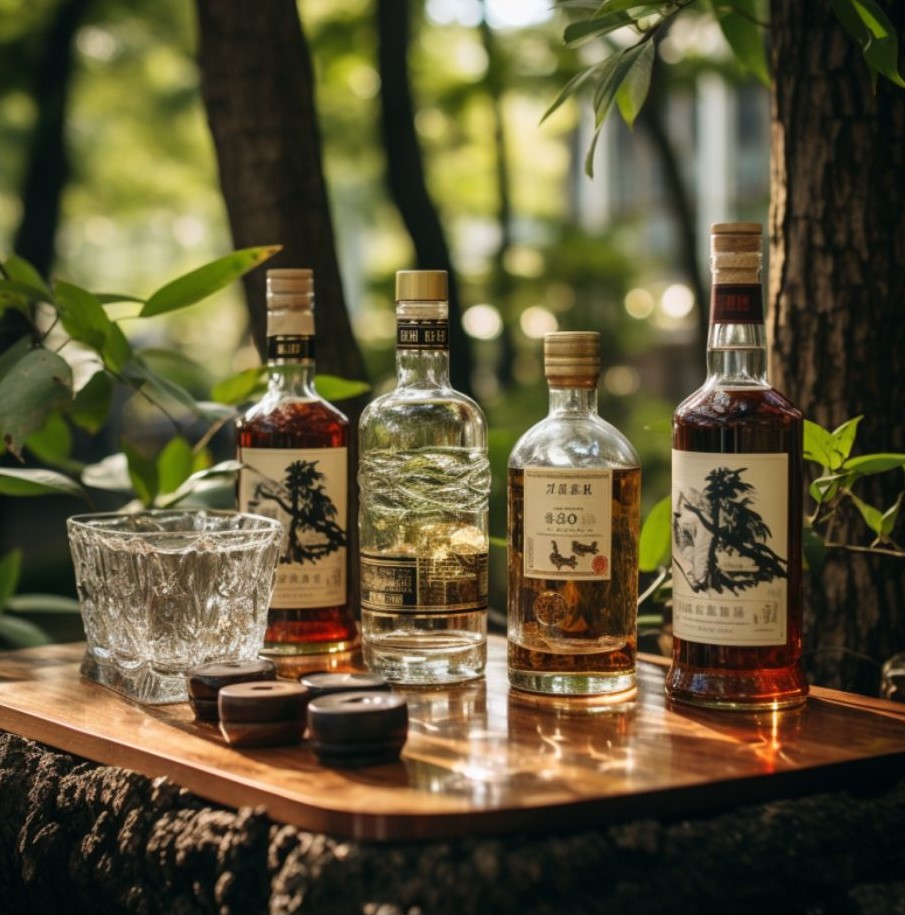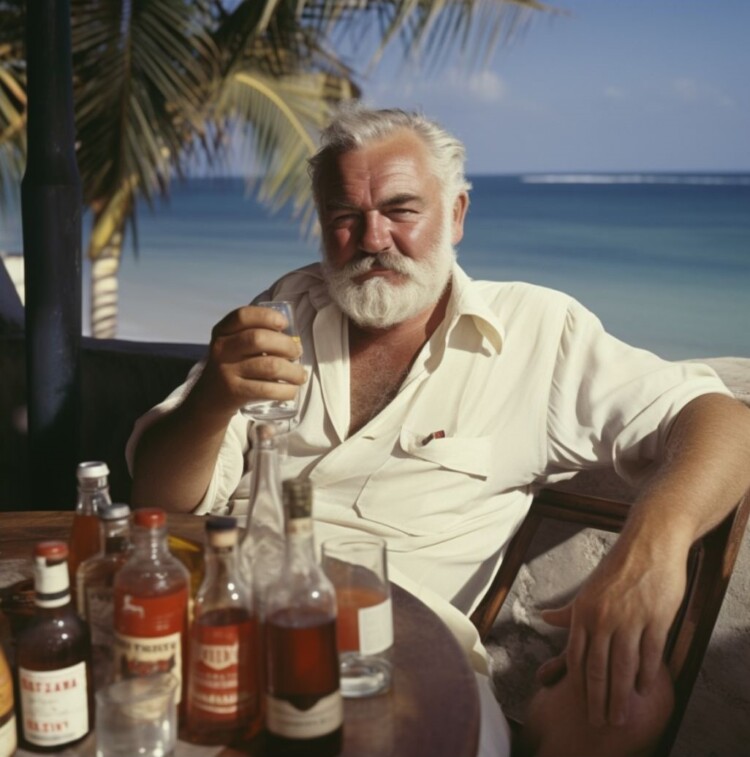Liquid Elegance
Japanese whisky is a thing of elegance, like a samurai’s katana or a haiku written on a frosty morning. A craft honed over centuries, borrowed from the Scots, and perfected in the Land of the Rising Sun. It is a story of resilience, patience, and the relentless pursuit of perfection – qualities that echo the soul of the Japanese people and their rich, layered history.
There’s a quiet poetry to the act of distilling whisky in Japan. You feel it in the sacred silence of the distilleries tucked away in the misty highlands, in the unhurried rhythm of the distillers as they go about their craft with the focus of Zen monks. The virtue of patience is distilled into every drop of the amber nectar. It takes time, they tell you, time and patience.
Japanese whiskys are not known for their brashness or impatience, but for their subtlety and finesse. They are the embodiment of ‘shibui’, an untranslatable Japanese term that refers to an aesthetic of simple, subtle, and unobtrusive beauty. They are no fiery rebellion against the palate, but rather a soft-spoken friend sharing ancient wisdom around a late-night campfire.
There’s a delicate balance to them, a harmony of flavors that speaks of their maker’s respect for nature and the elements. The pure spring water, the clean mountain air, the local barley – all contribute to this harmony. And then there’s the Mizunara oak, a stubborn, gnarly tree that has become synonymous with Japanese whisky. Aging the whiskey in these native oak barrels lends a unique character to it – a hint of spice, a touch of coconut, a whisper of incense. It’s a dance of flavors that’s as captivating as it is elusive.

The Quiet Strength of Japanese Whisky
Drinking Japanese whisky is a lesson in mindfulness, in living in the moment. It calls for contemplation and respect. Pour a measure into a glass, and you notice its color – a beautiful spectrum that ranges from the pale straw of a sunset to the deep, comforting brown of old leather. Bring it to your nose, and you’re greeted with a bouquet of aromas, complex and inviting. From fruity to floral, smoky to malty, the scent carries promises of a journey yet to unfold.
Take a sip, and let it linger on your tongue. There’s the initial sweetness, followed by a slow unraveling of flavors. Maybe you’ll taste the fruit of the orchards, the smoke of the hearth, the sweetness of honey, the spice of the east. And then, the finish – long, warm, and satisfying, leaving a trace of its memory on your palate, a gentle reminder of the fleeting yet significant moment you just experienced.
Japanese whiskey has come of age, gaining global recognition and winning accolades. Yet, it remains humble and unassuming. It doesn’t demand your attention but waits quietly for you to discover its virtues. Like a wise old sensei, it has much to teach those willing to learn – patience, respect, balance, harmony, mindfulness.
As I pour myself another dram and look out over the quiet hills, I can’t help but appreciate the virtues of this remarkable spirit. Here’s to Japanese whisky – a symphony of flavors and a testament to the resilience, patience, and artistry of the people who create it. Here’s to the lessons it teaches and the moments it immortalizes. Here’s to life, distilled.
—
Editor’s Note: It’s well known that Ernest Hemingway enjoyed a bit of the drink from time to time, and Whiskey was one of his favorites. For the record, the use of “whisky” above is not a misspelling. The Japanese (along with the Scottish and Canadians) drop the “e.” As I become more and more of a fan of the imported amber nectar, I got to thinking, “What would my favorite writer have to say about this jewel of the Orient?” I asked the question to Open AI, and the result is the piece above with a few embellishments from yours truly. I believe Papa would like it. — GDM
Already have an account? Sign In
Two ways to continue to read this article.
Subscribe
$1.99
every 4 weeks
- Unlimited access to all articles
- Support independent journalism
- Ad-free reading experience
Subscribe Now
Recurring Monthly. Cancel Anytime.












COMMENTS